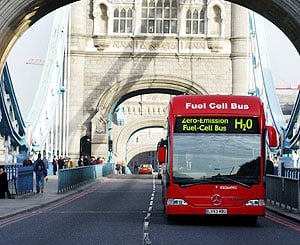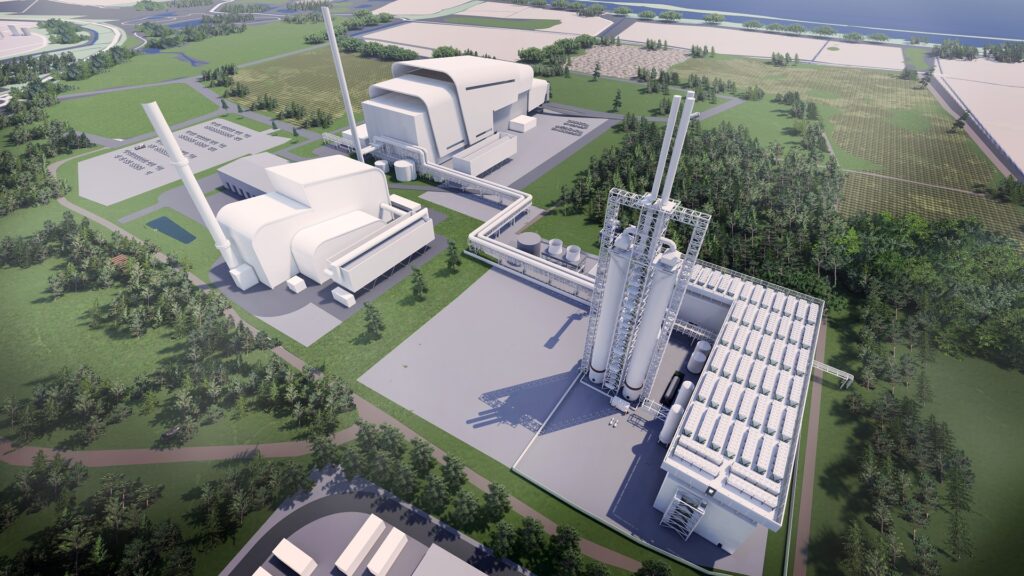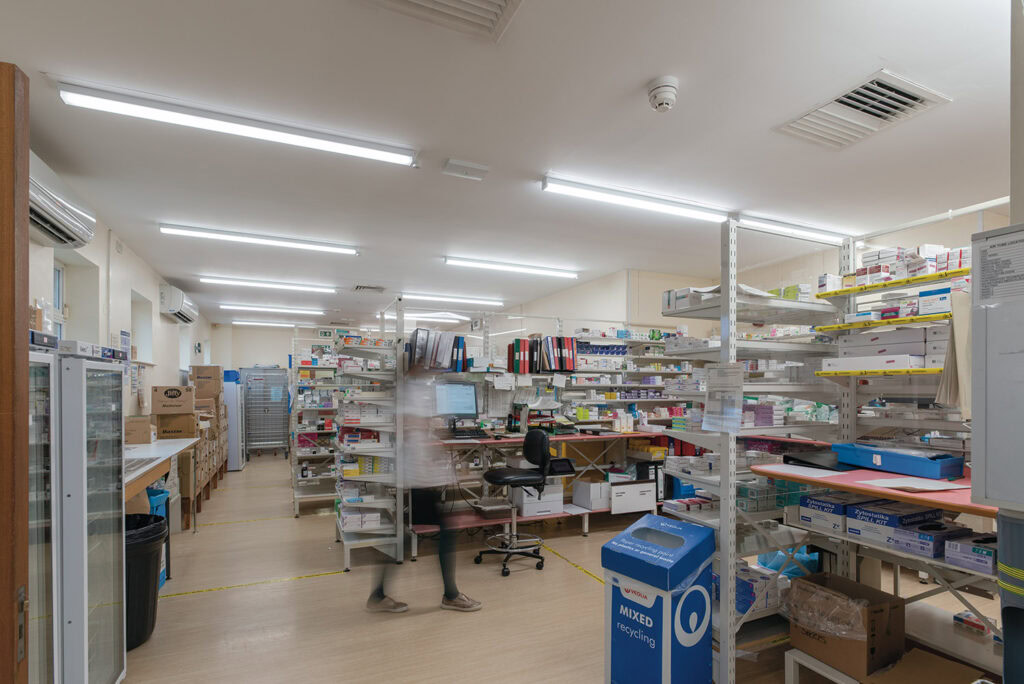Launched yesterday by the London Hydrogen Partnership, a group established by Mayor Ken Livingstone, the report said new waste treatment technologies could generate 141 tonnes of hydrogen every day by 2020.
 Enough hydrogen to fuel all of London's buses could be created by 2020 from waste treatment plants, the report said |
This would be enough to power London's entire bus fleet, it said.
Both gasification and anaerobic digestion involve the treatment of waste in limited amounts of oxygen, a process which generates a “syngas” that can be turned into hydrogen.
The report claimed even the gasification process, which requires the heating of waste, produces lower emissions than incineration, while its modular nature can offer the “flexibility” of building smaller facilities, of around a 90,000 tonne capacity.
Anaerobic digestion, in which waste is broken down by microbes in the absence of oxygen, was supported as a “more promising” source of hydrogen because it does not require as much cleaning. It would also allow hydrogen production and waste treatment to take place in different locations.
Sites
The London Hydrogen Partnership is suggesting that sites near major bus depots in Rainham, Greenwich, Enfield and Croydon would be appropriate for new gasification or anaerobic digestion plants. A gasification plant is already being developed in Rainham, with the Mayor's backing (see letsrecycle.com story).
By using hydrogen from both waste treatment technologies, Transport for London could hope to reduce around 50-74% of emissions from buses, while diverting waste from landfill according to the report.
London's deputy mayor Nicky Gavron, who chairs the London Hydrogen Partnership, said: “In London we have a growing amount of waste and if we can produce renewable hydrogen from this, it will play a large part in cutting harmful emissions and managing our rubbish in a sustainable way.”
“We cannot continue to throw our rubbish into vast landfill sites which are responsible for 20% of the UK's emissions of the harmful greenhouse gas methane,” she added.
Capacity
The Greater London Authority forecasts that by 2020, new gasification plants in London will be treating over 1.3 million tonnes of London's waste each year, while anaerobic digestion plants will be treating 402,000 tonnes each year.
| Related links: |
The London Hydrogen Partnership warned that the planning period of 4-5 years for a new gasification facility would be “a significant hurdle”. With uncertainties about future demand for hydrogen, the report suggested setting a plant up purely for hydrogen production “is not a viable approach”.
It said: “Flexibility to produce electricity and/or H2 is therefore very important, whether using a molten carbonate fuel cell to produce both or dedicated equipment for each.”











Subscribe for free